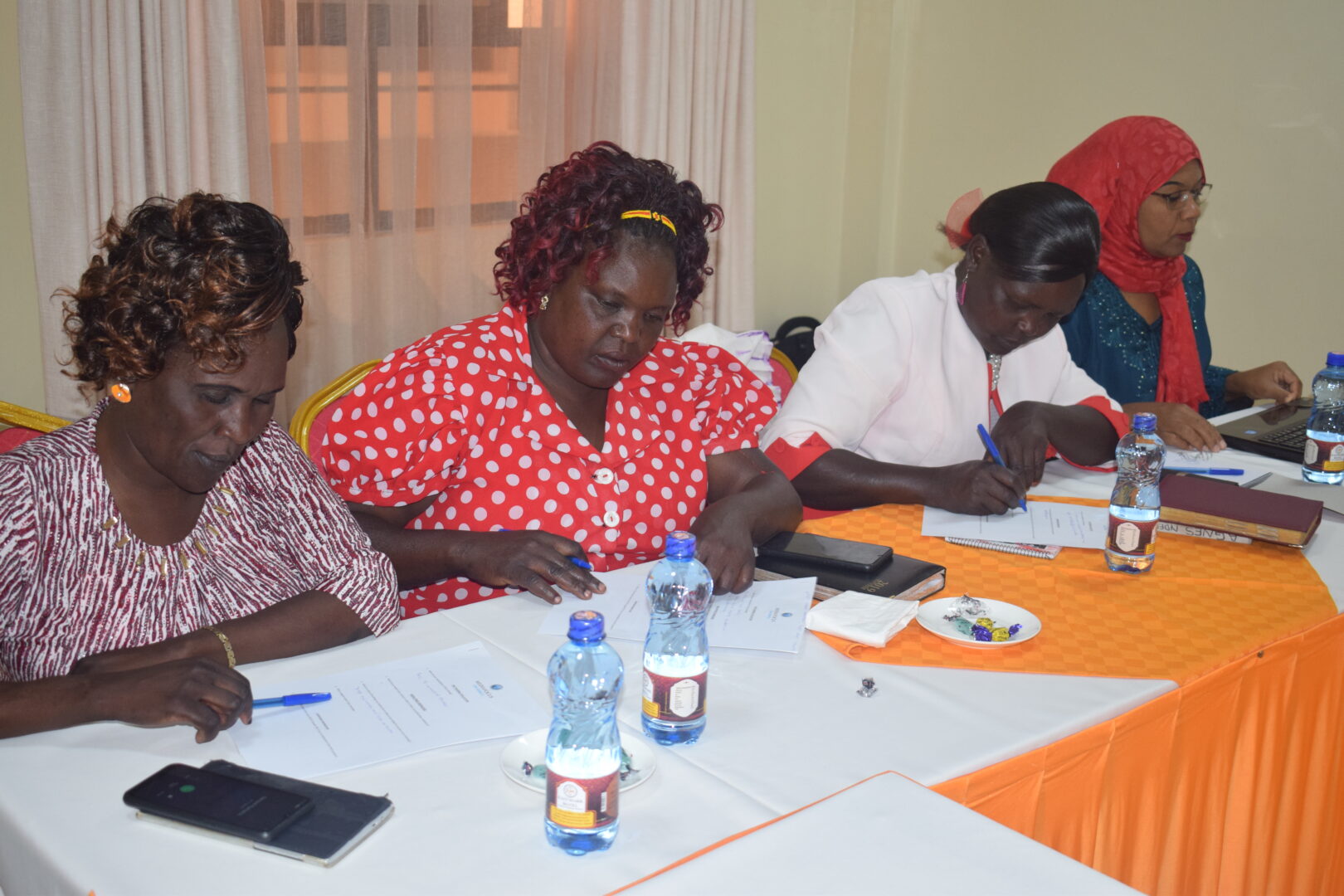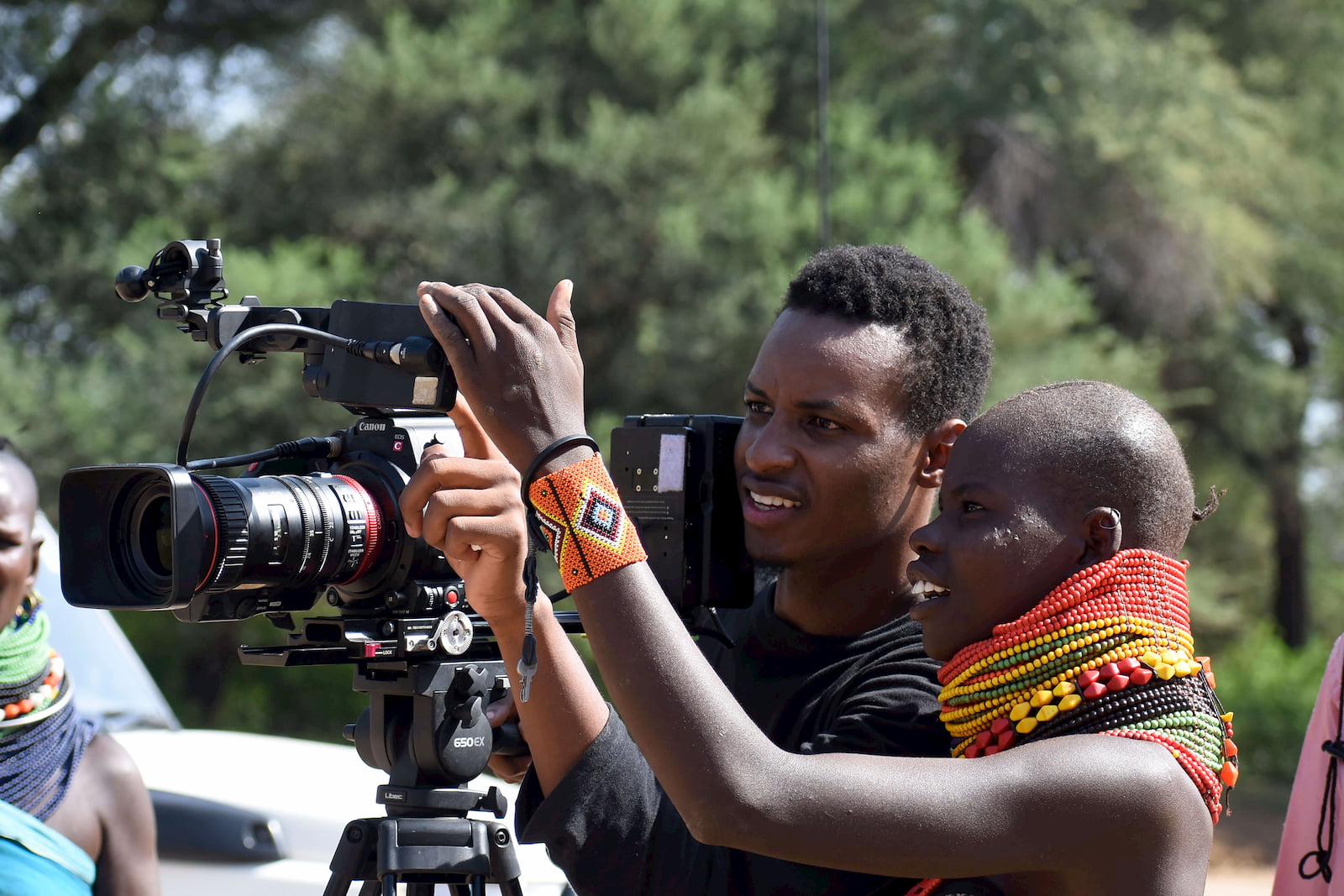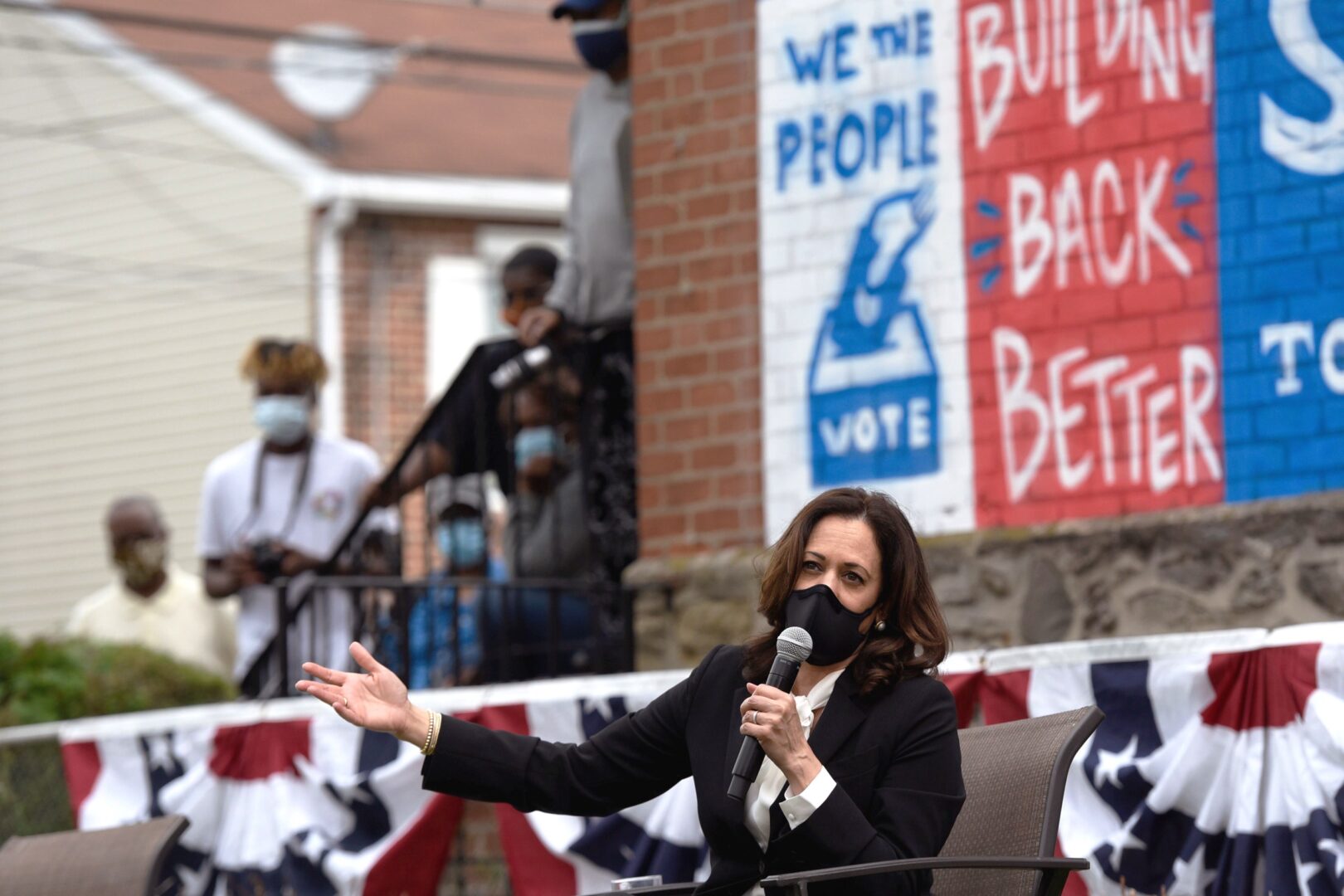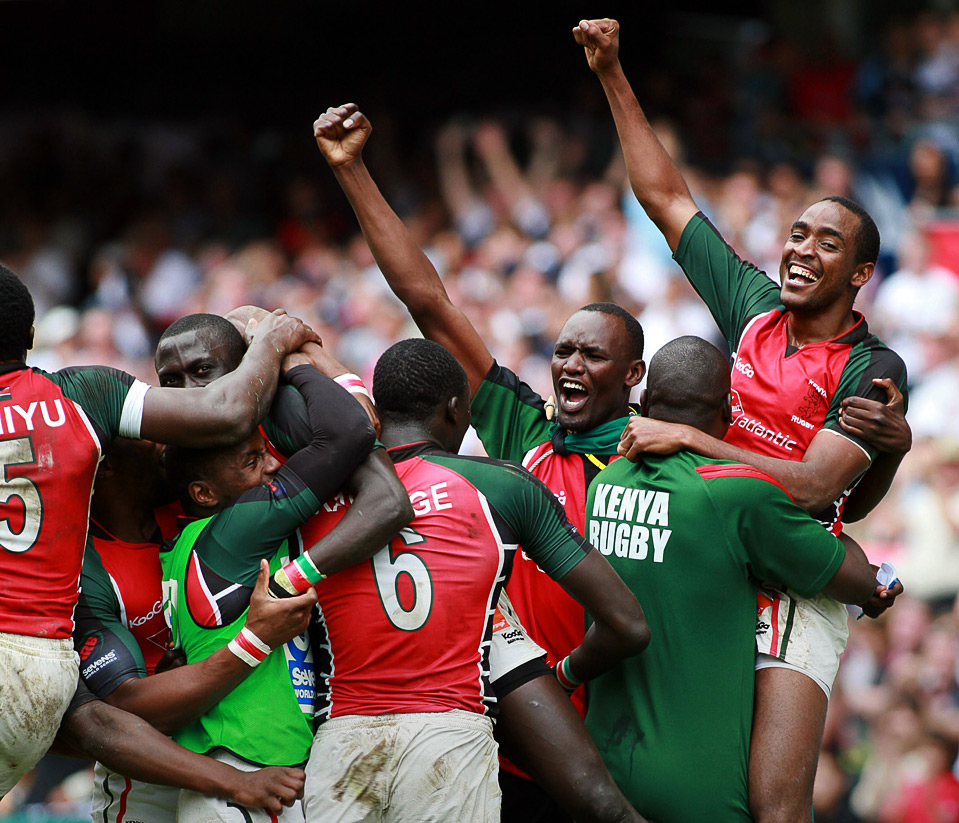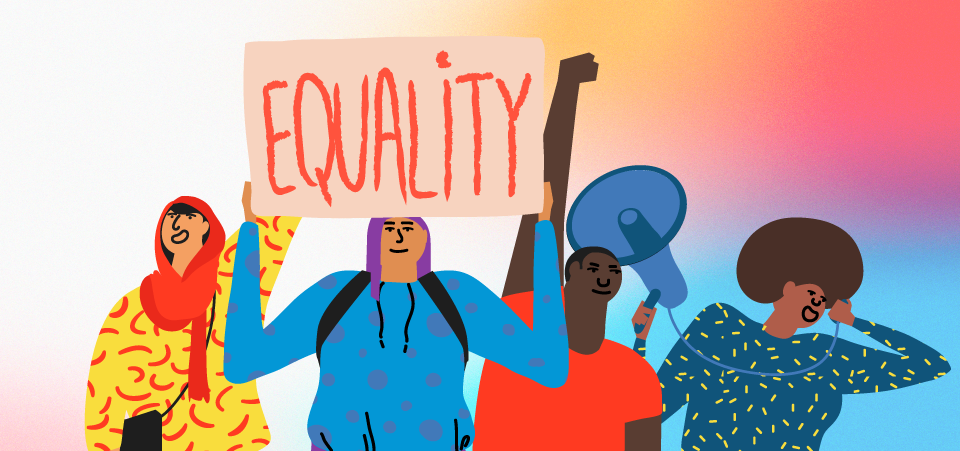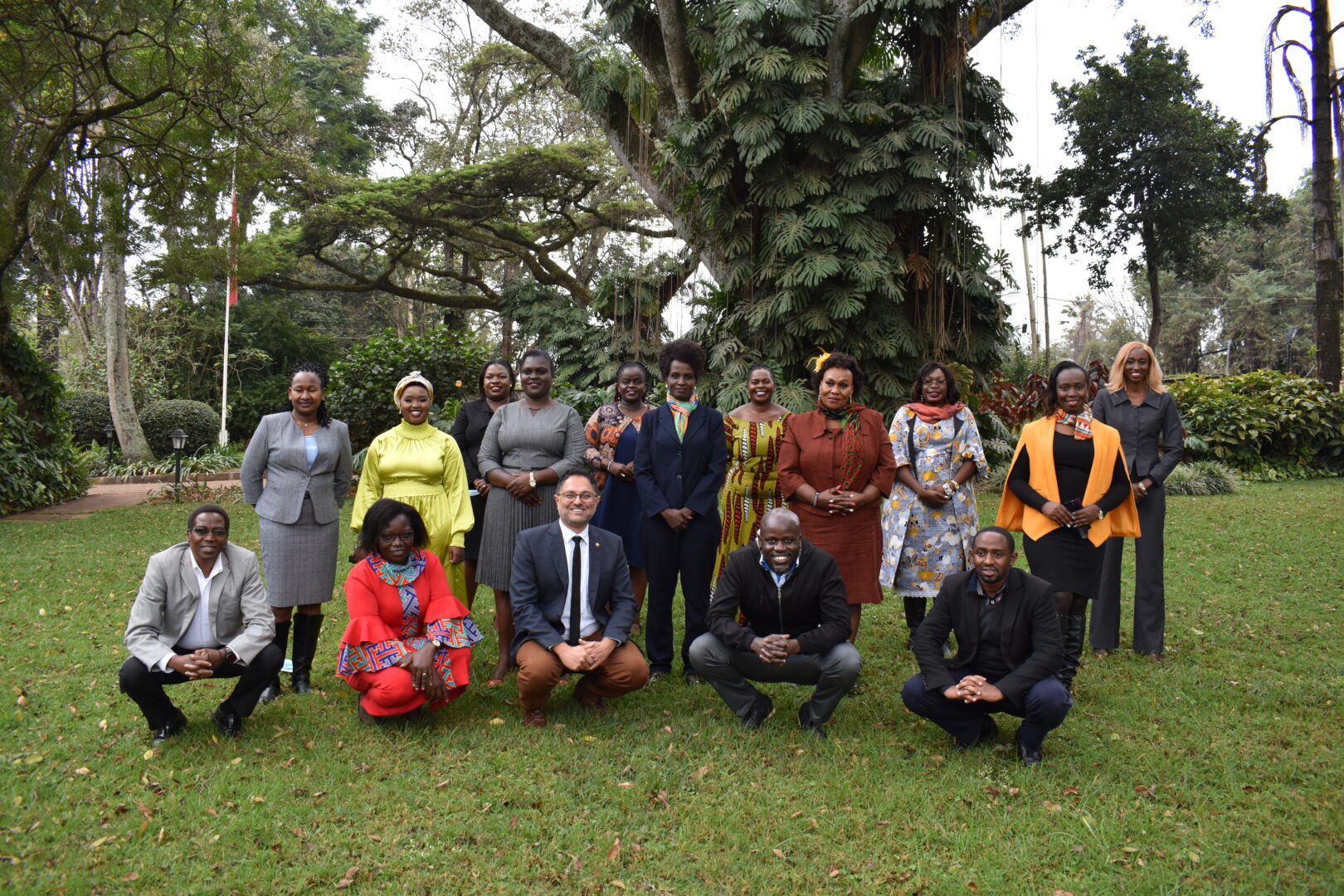Opinion: Who these days doesn’t have guilty pleasures such as watching endless videos online when you are supposed to be sleeping or working?
My favourite are cat videos, babies, pets, and animals. The creators of these videos have become the new e-entrepreneurs and social influencers.
To journalists, viral social media content continues to reshape the ways news is to be packaged. The redefinition of what makes content engaging has put stress on news media to repackage items to fit a new type of consumption.
Journalism vs entertainment
The media has evolved at a speed that journalism is still working at catching up with. One of the conspicuous changes has been the exponential expansion for the production of online content. This has opened the playfield to an uncontrollable number of players. This content is directly competing with journalism.
While the expansion of platforms has created space for diversity, the playfield has been made grossly unlevelled. Journalism in some regions of the world has suffered a colossal slump as a result.
The cost of producing quality journalism remains considerable. Conversely, producing social media content is relatively cheaper and without the need for time-consuming gatekeeping or editorial quality checks.
Changing tastes for audiences
Social media transformed the way audiences consume content. Online audiences developed traits such as impatience, constant use, consumption on the move, and the luxury of infinite choices.
These traits turned the audience into an insatiable beast that constantly nibbles bits of information. In return content creators produce shorter and entertaining content.
The word ‘Viral’ was reborn.
It must be viral to show impact?
Numbers are the new definition of impact. The drivers of impact have become quite obscure if journalism is to retain its depth and analytical values. Viral content has proved to be driven by entertainment value, bizarre elements, scandalous nature, or emotional appeal.
It’s all about click baits.
Daily journalism may not match these standards. It is not every good piece of journalism that will contain one or all of the qualities of viral content.
This makes the average reporter’s work remain flat amid bubbling social media viral posts that are dumbed down to attract numbers. The ability of news and feature stories to engage is now being judged against entertainment on social media.
Additional costs for journalism
Facebook’s addition of sponsored content has made it further challenging for unpaid for news content to compete.
Legacy media may still boast of a large following on social media. This is largely inherited from their dominance in the pre-digital era. Upcoming and alternative media still find it difficult to amass a following online without considerable budgets on social media advertising and branding.
Even for legacy media, social media has been an additional cost. There needs to be trained personnel, repackaging of long-form journalism to short form as well as necessary apps and software.
The cost of retraining journalists to write and produce for social media is considerable. There has also been a shift in work culture, such as the need to use mobile phones for journalism. All come at a cost.
Preserving long-form journalism in the digital space
The sacred space of journalism has always been under threat. Media freedoms must be continually fought for.
While the digital space was hailed to provide a leeway for alternative voices which would have been an addition to press freedom and freedom of information and expression, the trend is changing fast.
Digital may soon be just like mainstream. Many good pieces of journalism get drowned in the sea of ‘viral’. The ‘viral’ virus has infected journalism and a cure is needed.
All the funny videos online are good for audiences, people need comic relief. However, the truths and perspectives that journalism offers are the lifeblood of our democracy and freedoms.
A new social influence audit
Journalism has to redefine its social media influence.
An audit of followers, comments, and real-life impact may give fair indicators of how a story is performing. The metrics for other social media content should not be used to judge journalistic engagement.
